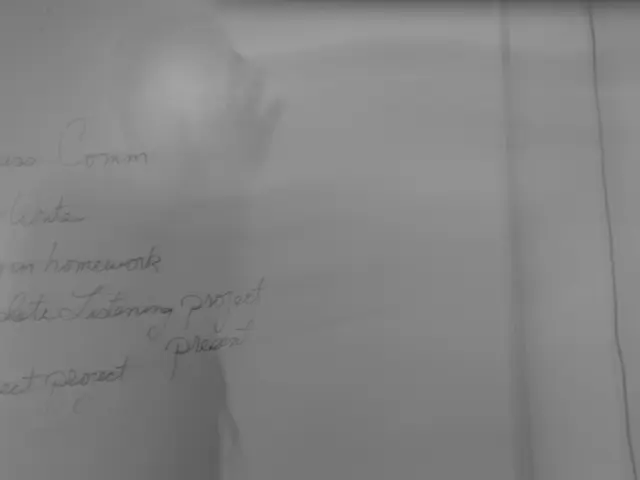Get Ready for a Fresh Start: Austria's Game Plan to Tackle Budget Crisis and Boost Affordability by 2026
Austrian Financial Dilemma: Initiating Changes for Systemic Alterations
Looking to revamp the nation, Austria's federal government, states, and municipalities are joining forces to tackle the ongoing budget crisis and improve affordability. Austrian Chancellor Christian Stocker (ÖVP) spilled the beans on their ambitious plans to make energy more affordable for households and businesses, streamline bureaucracy, and speed up healthcare services.
After battling a recession for over two years, Austria found itself in a tight corner and desperately needing to tighten the purse strings. With a diverse team of political leaders, including the conservative ÖVP, social democratic SPÖ, and NEOS, it's time for some heavy collaboration with the nine federal states and municipalities to rework competencies and finances.
With a never-say-die attitude, the government aims to work smarter, not harder. Here's the scoop on their key strategic moves:
Taking Control of the Purse Strings
The Government's Austrian Fiscal Structural Plan pulls no punches. It's all about belt-tightening, with measures like administrative savings and targeted cuts on subsidies leading to a projected €5.0 billion in savings by 2025 and a whopping €6.7 billion in future years. And, they're serious about remaining fiscally responsible, aiming for controlled net expenditure growth in public budgets.
Rethinking Structures
Reforms in healthcare and pensions are front and center in the plan. These changes aim to boost efficiency and sustainability in these sectors, ensuring a stable future. Meanwhile, labor market policies are being revamped to boost flexibility and increase opportunities, particularly for older workers.
Simplifying Administration and Going Digital
Bureaucratic hassles won't stand a chance as efforts are made to slash red tape, enhancing administrative efficiency throughout the nation. And, with a focus on digitalization, public services will be streamlined, and overall efficiency will soar.
The Power of Knowledge
Education reforms aim to grant wider access to learning, fostering a stronger, more competitive workforce for the future.
Green Power for a Greener Future
By investing a substantial €420 million in the hydrogen sector for the 2025-2026 timeframe, Austria intends to support economic growth and the development of green energy.
In a nutshell, these reforms are designed to secure a future of fiscal sustainability, improved public services, and boosted economic growth—all geared towards addressing the budget crisis, enhancing affordability, and boosting administrative efficiency in Austria by 2026.
Sources: ntv.de and dpa.
- The ambitious plans revealed by Austrian Chancellor Christian Stocker aim to not only make energy more affordable for households and businesses, but also involve reworking competencies and finances across various employment policies, such as labor market policies, to boost flexibility and create opportunities for all age groups, particularly older workers.
- In their efforts to streamline bureaucracy and enhance administrative efficiency, the Austrian government is keen on digitalizing public services, simplifying administration, and investing €420 million in the hydrogen sector by 2025-2026, which not only promotes economic growth and develops green energy but also influences the finance, business, and politics sectors, as well as general news.




